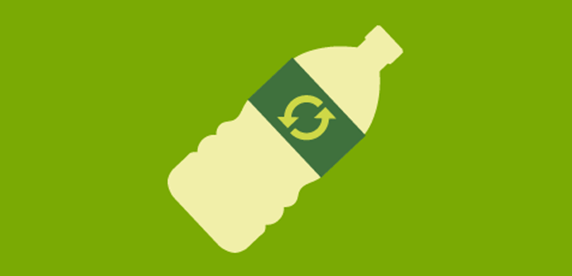Switzerland-based food and beverage firm Nestlé has pledged to increase the amount of recycled plastics it uses in several forms of packaging across the European Union (EU) by 2025.

Image: Nestlé pledges increase in recycled plastics in the EU. Photo: courtesy of Nestlé.
The company is working to increase the proportion of recycled plastics it utilizes in its packaging, with a commitment to using 25% recycled PET (rPET) in its plastic bottles across Europe by 2025.
Nestlé plans to ensure that its bottles, PET layer in laminates, caps on glass jars and tins, trays for meat products and shrink films for display trays will all feature between 25% and 50% recycled material by 2025 based on the packaging type.
The European Commission urged major manufacturers to increase the amount of recycled content in packaging distributed throughout the EU in order to lower plastic waste levels.
The company aims for 25% rPET in bottles and the PERT layer in laminate food packaging, 30% recycled polypropylene (rPP) content in caps on glass jars and tins, 50% rPET in meat product trays, and finally 50% recycled polyethylene (rPE) content in shrink films.
Nestlé CEO for Zone Europe, Middle East and North Africa Marco Settembri said: “Nestlé supports the Plastics Strategy of the European Union. We share the vision that no plastic packaging ends up in the environment.
“Recyclable packaging, good recycling infrastructure and more use of recycled material will help us close the loop.”
Earlier this year Nestlé has outlined its plan to achieve 100% recyclable or reusable packaging by 2025.
As part of this effort, the firm plans to focus on three core areas including eliminating non-recyclable plastics; encouraging the use of plastics to allow better recycling rates; and removing changing complex combinations of packaging materials.
Nestlé said it applies recyclable by design principles and carries out lifecycle assessments for minimizing the environmental footprint of all its beverage bottles.
In the past 10 years, the Swiss company is claimed to have reduced the amount of PET needed for each litre of bottled water by 22%.
The company intends to label its plastic product packaging with recycling information to help consumers dispose it in a right way and promote a market for recycled plastics by increasing the proportion of recycled plastics in packaging.
